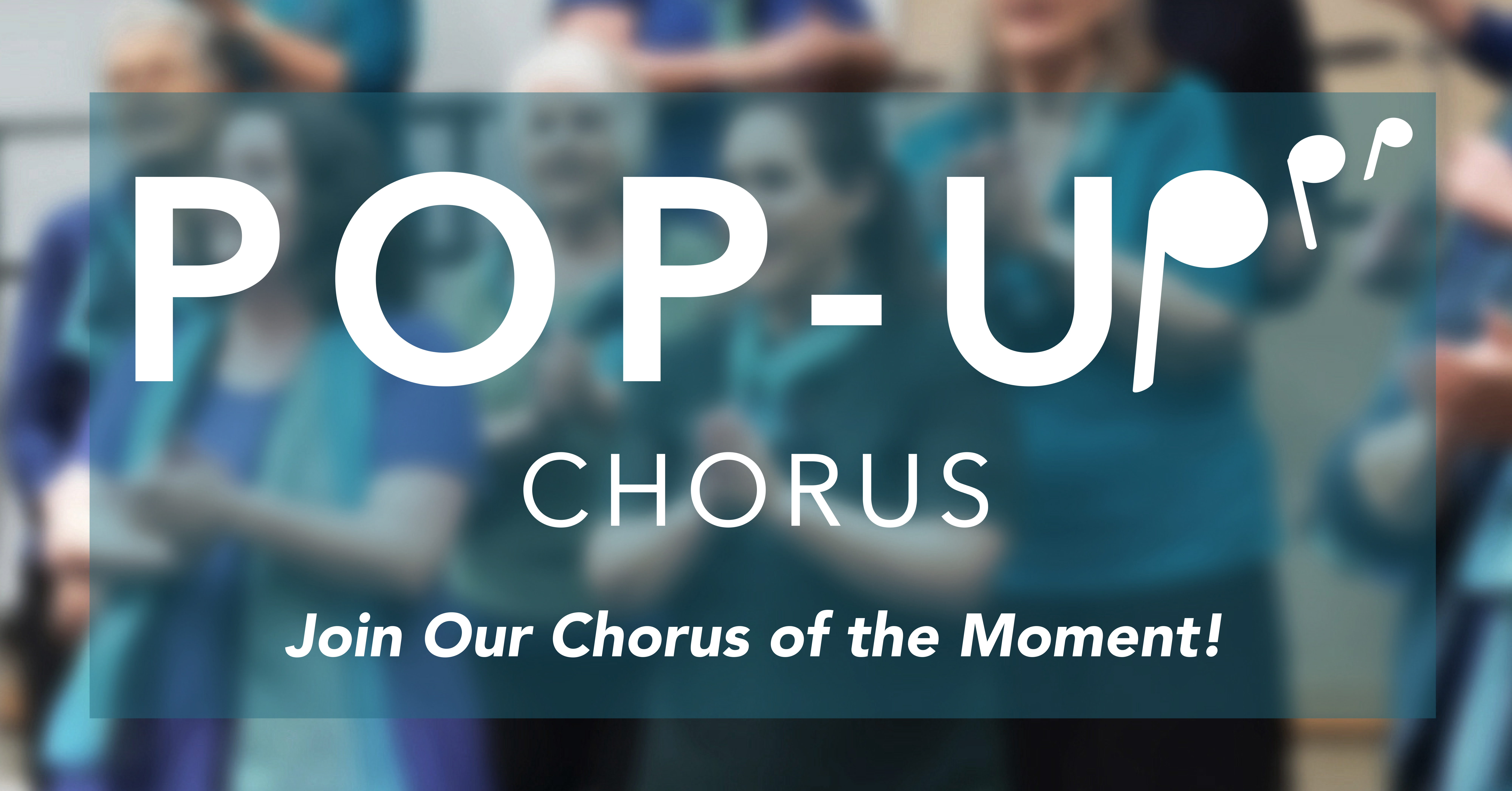Pop-Up Chorus
Join Our Chorus of the Moment!

Experience the joy of 4-part a cappella harmony in an uplifting afternoon of music and connection — no preparation needed!
All women's voices welcome!
NO EXPERIENCE NECESSARY
FREE for all attendees
Register for the event and receive the music in advance.
Join us for a relaxed, two-hour event featuring light vocal warm-ups, coaching on the song "Ain't No Mountain High Enough," and a casual performance just for ourselves at the end. It’s a feel-good gathering for anyone who loves to sing and connect with others through music.
Saturday May 17, 2025
2:00pm - 4:00pm
Wiley H Bates Legacy Center
1101 Smithville St. Annapolis, MD 21401
2:00pm - 4:00pm
Wiley H Bates Legacy Center
1101 Smithville St. Annapolis, MD 21401
FREE ADMISSION
Donations are appreciated to help support this and future events.
Make a donation.
Register for the event and receive the music in advance.
About The Music
If you’ve heard a capella 4-part harmony as commonly sung in choirs and chorales (SATB), then our chorus style might surprise your ears, eyes, and heart.
In our version of 4-part harmony for treble (women’s) voices, each part has its own unique personality. The melody is sung by the Lead part, but it's not the highest notes in the chord like a soprano. It's actually found in the middle of the chord, with the other three parts weaving the harmonies above and below the melody. From highest to lowest, the parts are:
Tenor: a light and floaty harmony above the Lead, Soprano range, but sung much more gently than typical soprano
Lead: melody-driven and dramatic, like the lead singer in a band but unified, blending many voices into one (alto to soprano range)
Baritone: a funky harmony above and below the Lead (in the same range); sometimes invisible to the audience, “Baris” must have a good ear because this harmony fills in the missing note in the chord (how rewarding!)
Bass: the lowest harmony, sounding like the velvety rich foundation of the chord (alto and lower)
Yes, we use the voice part names from traditional men's choral music. That's because the barbershop genre was started by men, and women began to sing it years later, using arrangements created for men. We just adopted the terminology as we raised the key of the songs to fit our voice ranges.
In our women’s barbershop style, all 4 parts sing with a minimum of vibrato (with a relatively "straight tone,” unlike most classical or pop singers). When all 4 parts sing certain chords in this way, they can create an “overtone” … which is a 5th note that no one is singing but can be heard and felt both physically and emotionally. . So, yeah… it’s hard to explain.
“Ringing a chord” - creating those overtones - just makes your heart feel lighter— maybe because overtones stimulate happiness hormones! You’ve really got to feel it— in person, live.
P.S. This isn’t your grandparents’ barbershop. We craft a capella music on the canvas of an evolving American art form: women’s barbershop. We are committed to learning from the painful parts of American history to embody the most welcoming women’s hobby organization you can imagine. We are proud to be a chapter of Sweet Adelines International.
This event is sponsored by The Annapolis Blend, a proud chapter of Sweet Adelines International.
We welcome all women (including transwomen and non-binary people assigned female at birth) to sing with us.

